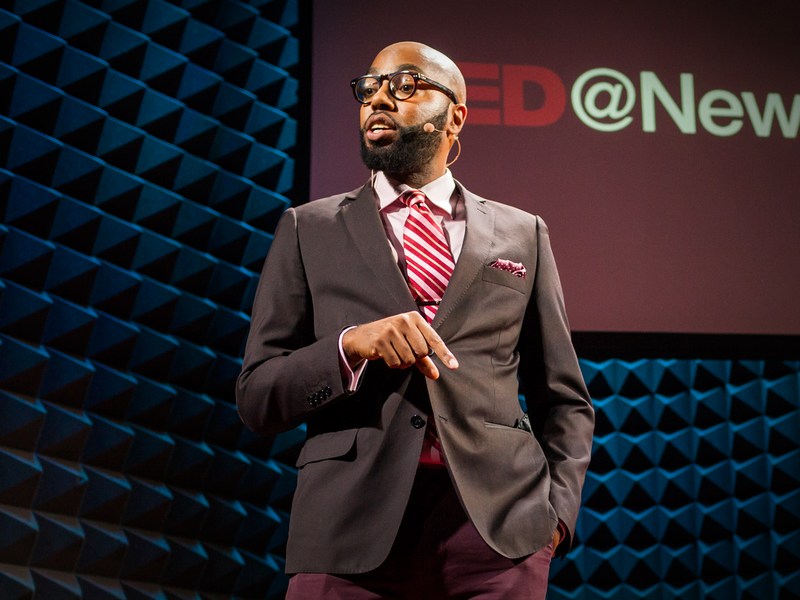My first workshop was titled "Idea to Implementation". It was hosted by RIC sustainability coordinator, Dr. James Murphy, as well as STEM Director for RIC, Dr. Carol Giuriceo. The workshop primarily spoke on the idea of having more outdoor classrooms, and how this can relate to STEM. One concept was to have an outdoor classroom at the RIC bee education center, which I had no idea existed until this conference. Dr. Murphy also wears the hat of the college's beekeeper as well. Now this idea of putting a classroom near this area is interesting, due to the fact that it would be outdoors and therefore be a fresh environment for students to learn in. It could also attract the students from Henry Barnard to come and learn a lesson outside. They spoke on how this idea can be implemented into lesson plans and curriculum. In terms of the STEM aspect of this project, it can produce culturally responsive and relevant pedagogy, allowing the students to become fully immersed in the lesson, and teach them about things outside of the classroom. Culturally responsive curriculum was a big point mentioned numerous times at this workshop. Dr. Giruiceo also mentioned that there is a low number of females currently involved in STEM. An interesting point, and it makes you wonder why. It is an interesting field with broad topics to explore and delve into. These outdoor classrooms would be designed to attract more students to STEM. It would rely on students personal interest, and could include various instructional strategies allowing the same lesson to be taught numerous ways. It is also a very informal environment, which can in retrospect, give the students a sense of freedom, as opposed to being in a classroom.
My second workshop took place in a classroom in Henry Barnard, and was titled: "Using Technology in Early Childhood Classrooms." Two current teachers at HBS, Mrs. Jessica Noris and Ms. Michelle Nonis were in charge of the section. The idea was to show the various new forms of technology being implemented into classroom learning, giving a greater sense of ease to transition between lessons and hold students attention for a longer period of time, especially at that grade level. This is not to say that you can fully rely on this technology either, as every now and then it will crash or not work. You should always have a backup plan. Generally, they offered some various websites conducive to more effective learning for the students.
Now to the keynote address given by Dr. Emdin. Dr. Emdin spoke on this idea of Hip Hop education, which allows students a great sense of freedom on how they can and should be able to learn. It opens up a whole new set of possibilities for students progress through schooling. He also spoke upon race, and said something that I found to be so interesting and profound. "We are more segregated today than we were pre-brown vs. board of ed. If you go to the Bronx and go to the schools in the area, you won't see a single white kid anywhere. Now if you go up to Chelsea, you won't see a single black kid." This truly struck me because he is absolutely right, and it is something that you generally don't think about or seem to notice, but just because you don't notice something doesn't mean that it isn't there. Dr. Emdin's invigorating personality and charisma made for such an electrifying speech that culminated to a well deserved standing ovation. His opinions were certainly controversial, but generally were received extremely well by the crowd. What an amazing event.






